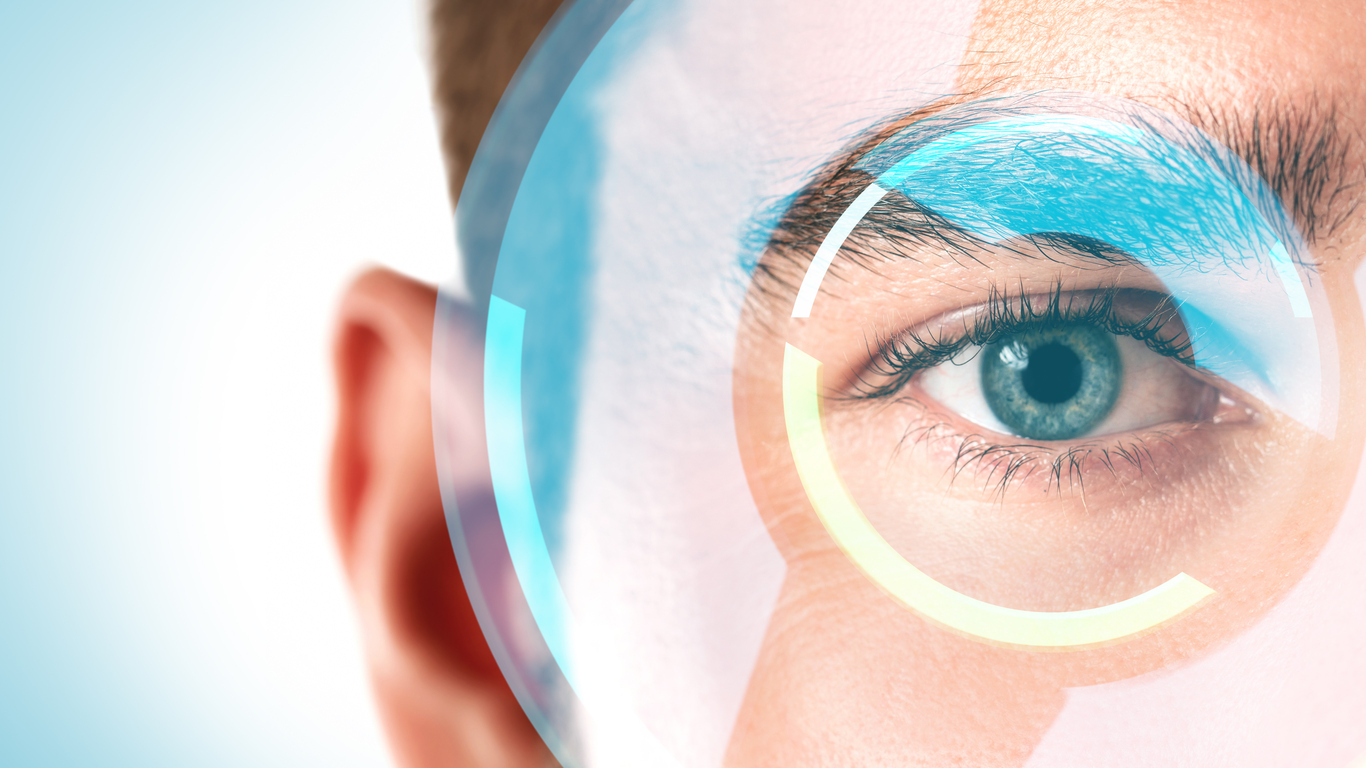We examined the longitudinal association of baseline alcohol intake and frequency with the 6-year incidence and progression of diabetic retinopathy (DR) in a population-based cohort of Singaporean Indians.
We included 656 participants with diabetes mellitus, gradable retinal photographs from baseline (2007-2009) and follow-up (2013-2015) examinations, information on alcohol intake and other relevant data from the Singapore Indian Eye Study were included. Incident DR was defined using the Modified Airlie House Classification as no DR at baseline and at least minimal non-proliferative DR at follow-up; and DR progression as at least a one-step worsening in DR at follow-up from minimal or worse status at baseline, excluding those with proliferative DR.
The mean age (SD) of our participants (n=656) was 58.8 (9.2) years, and 54.4% were male. At follow-up, 82 of 510 (16%) participants developed DR, and 45 of 146 (30.8%) had DR progression. 65 (12.7%) and 28 (19.1%) participants consumed alcohol in incident DR and progression categories, respectively. In multivariable analyses, those who consumed alcohol had nearly two-thirds reduced odds of incident DR (OR (95% CI): 0.36 (0.13 to 0.98)) compared with those who did not. Participants with infrequent consumption of alcohol also had a reduction in odds of incident DR (0.17 (0.04 to 0.69)), compared with non-drinkers. No association was found between alcohol consumption and DR progression.
In our longitudinal population of Singapore Indians, baseline alcohol intake, particularly infrequent consumption, was associated with lower risk of developing DR, compared with non-drinkers, in line with previous cross-sectional findings.
© Author(s) (or their employer(s)) 2020. No commercial re-use. See rights and permissions. Published by BMJ.
Association of alcohol intake with incidence and progression of diabetic retinopathy.


